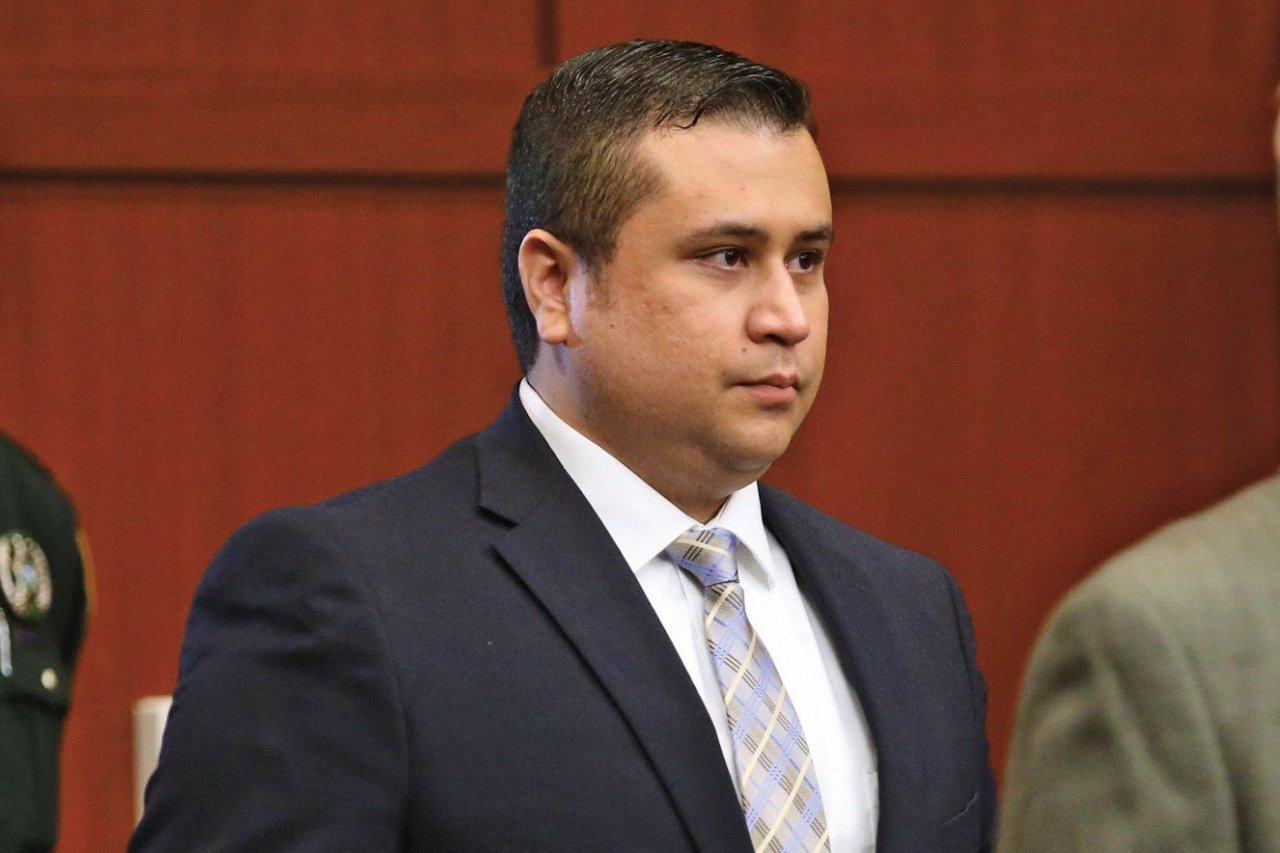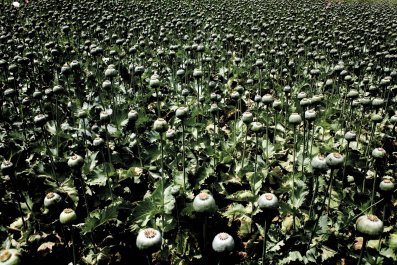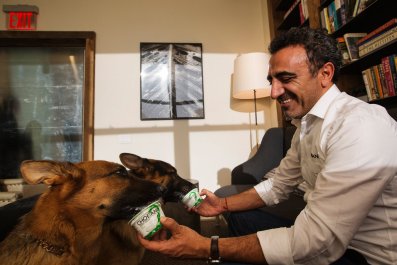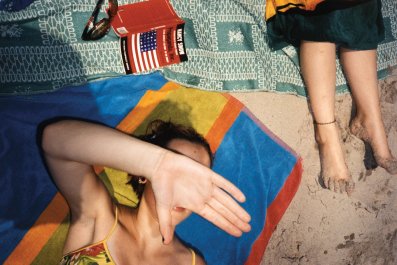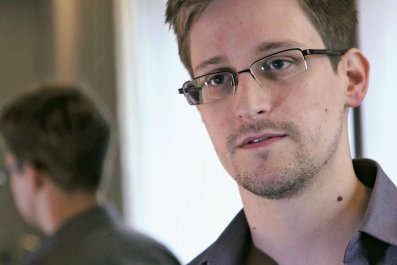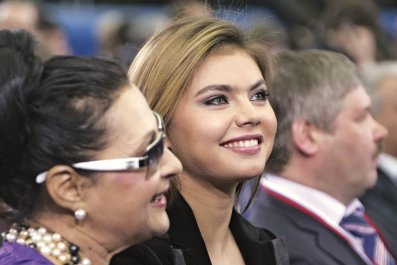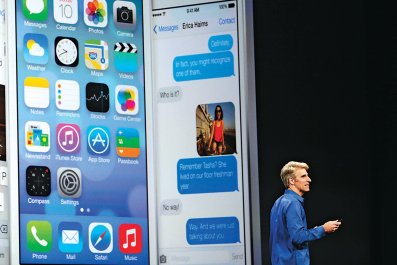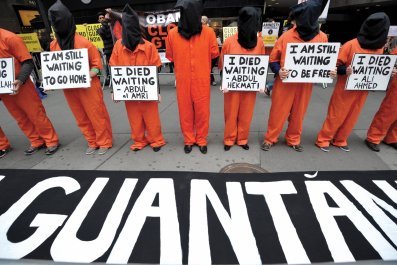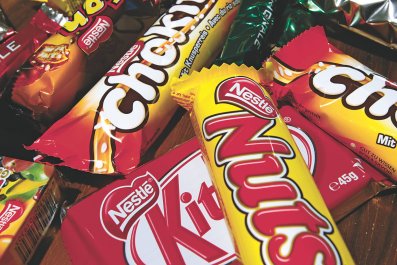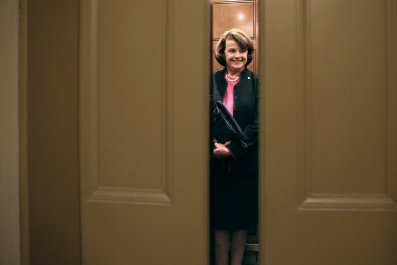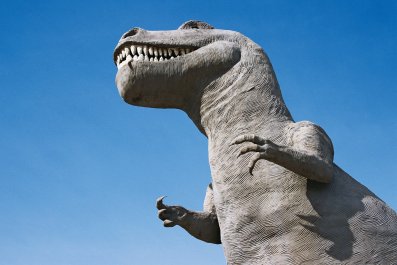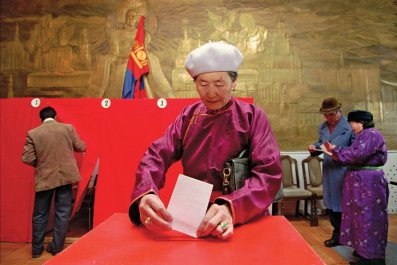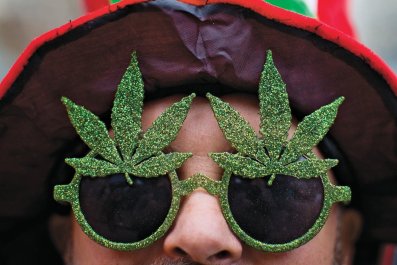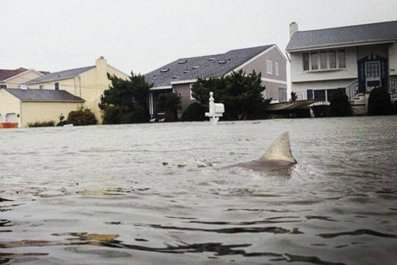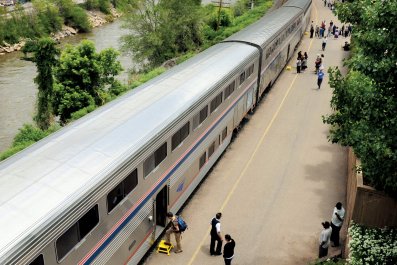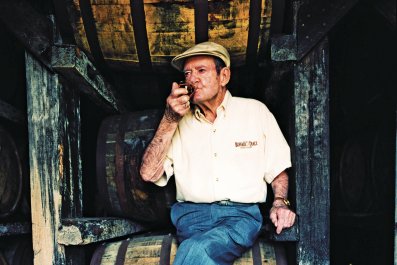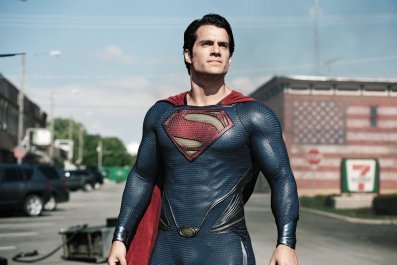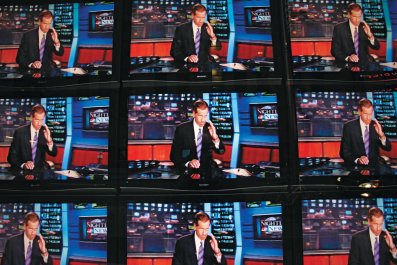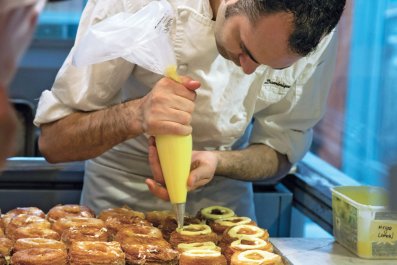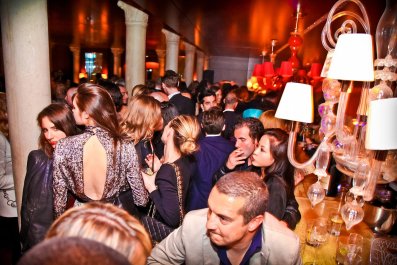WHEN THE jury voted to acquit O.J. Simpson on October 3, 1995, of the double murder of Nicole Brown Simpson and Ronald Goldman, many blamed the racial makeup of the jury for the former football star walking free. After all, nine out of the 12 jurors were African-American.
Almost 18 years later, jury selection for George Zimmerman's second-degree murder trial began on Monday, a case that has race—and Americans' attitudes toward it—at its very core. Zimmerman, who is Hispanic, has confessed to shooting and killing the unarmed African-American teenager Trayvon Martin in February of last year, at first avoiding arrest due to Florida's controversial "stand your ground" law. Public outrage over the lack of charges led to Zimmerman's arrest nearly two months after Martin's death. According to a Gallup Poll in April 2012—shortly before Zimmerman's arrest—72 percent of African-Americans believed Zimmerman was definitely or probably guilty of a crime and just 1 percent believed he was not guilty. What's more, 72 percent of African-Americans said racial bias was a major factor in the shooting, compared with only 31 percent of nonblacks.
In selecting a jury, both the prosecution and the defense have the right to a peremptory challenge, to reject a potential juror without stating a reason—although it's illegal for attorneys on either side to automatically dismiss jurors due to race or gender. But as jury consultant Doug Keene said in an interview, "There are ways of avoiding that legal restriction for skilled lawyers."
The conventional wisdom for selecting the Martin jury is that the defense wants a majority of older Caucasians for the jury—and the odds are in its favor in Sanford: according to the 2011 census, Seminole County is composed of 65.8 percent non-Hispanic whites, 17.7 percent Hispanic, and just 11.7 percent African-Americans.
In the first day of jury selection, not a single jury member was chosen. Attorneys questioned four potential jurors, but race never came up, since they covered one topic: pretrial publicity. Attorneys need to select six jurors and four alternates for the trial, which is expected to last four to six weeks—presenting yet another difficulty in picking jurors, since it's hard to find people who can spend a month and a half in a courtroom every day.
And in Zimmerman's case, says social psychologist Art Patterson, who studies jury behavior, there is "not a ton of forensic evidence" in this case, only Zimmerman's word on what happened. In that case, jurors' attitudes could be the deciding factor—making their lives and experiences all the more important.
An earlier version of this article misidentified the pollster.



